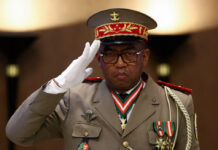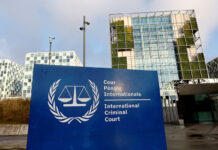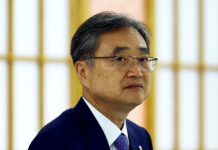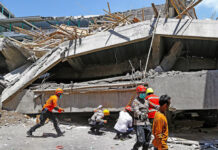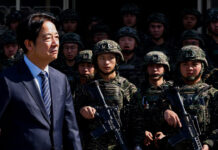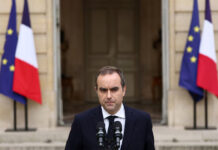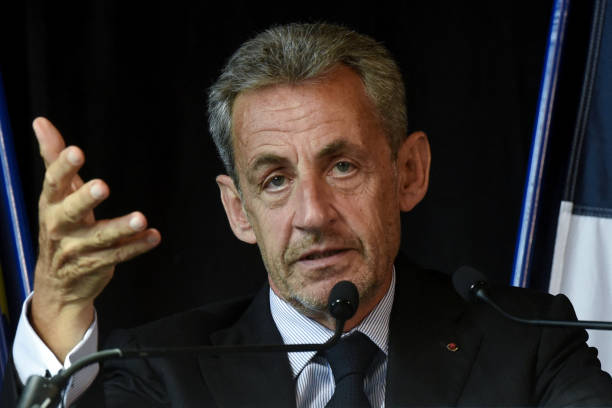
The ongoing trial of former French President Nicolas Sarkozy, accused of illegally financing his 2007 presidential campaign, has brought renewed attention to France’s covert dealings with Libya under Moammar Gadhafi.
Sarkozy, now 70, served as France’s leader from 2007 to 2012 and has denied any wrongdoing. However, prosecutors remain unconvinced, requesting a seven-year prison sentence for him on Thursday. A verdict is expected at a later date.
Key moments in the trial have highlighted secret negotiations between France and Libya in the early 2000s when Gadhafi was eager to reestablish diplomatic ties with Western nations. Prior to that, Libya was considered a pariah state due to its involvement in terrorist attacks.
French families of victims of the 1989 UTA Flight 772 bombing have testified about their feelings of shock and betrayal, as the trial raises questions about whether French officials made secret promises to Gadhafi’s regime as part of an alleged corruption scheme.
On September 19, 1989, UTA Flight 772 exploded over Niger, killing all 170 people on board, including 54 French citizens. The attack was caused by a suitcase bomb. A year earlier, a similar bombing occurred when a device planted aboard Pan Am Flight 103 detonated over Lockerbie, Scotland, killing 270 people, including 190 Americans.
Investigators linked both bombings to Libya, which had a history of hostilities with the U.S. and Western allies.
Now, victims’ families are left questioning whether Sarkozy’s associates struck a deal with Gadhafi’s government—offering to turn a blind eye to the bombings in exchange for lucrative business opportunities and possibly, illicit campaign funds.









